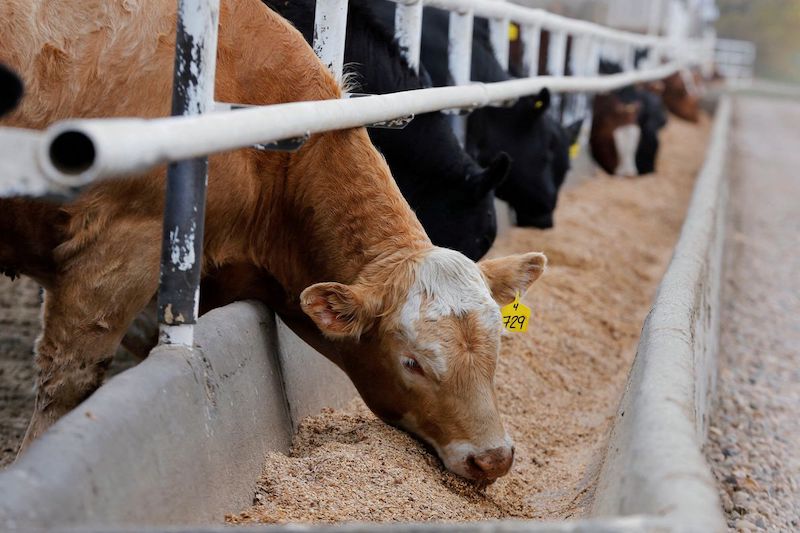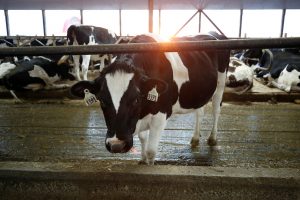The Philippines has lifted its suspension of Canadian beef imports, which it imposed due to the detection of a cattle disease last month, Canadian agriculture minister Marie-Claude Bibeau said at the weekend.
Canada detected a case of bovine spongiform encephalopathy (BSE) in December 2021 on an Alberta farm, the country’s first known BSE case in six years.
The Philippines, China and South Korea halted Canadian beef imports as they sought further information. South Korea lifted earlier this month its suspension of beef shipments from Canada, the world’s eighth-largest beef and veal exporter.
Bibeau announced the Philippines’ decision in a post on Twitter on Saturday, calling it “great news” for Canadian livestock producers.
Neurodegenerative Diseases
BSE is a fatal disease of the nervous system in cattle. It belongs to a group of neurodegenerative diseases affecting humans and animals called transmissible spongiform encephalopathies (TSEs).
According to the European Food Safety Authority, TSEs are caused by the abnormal form of a cell protein called a prion protein.
Since the first discovery of BSE in cattle in 1986, only two cases have been confirmed in other species: a goat in France and a goat in the UK.
Canada’s latest case is atypical – meaning it is a form of BSE that can occur naturally in older cattle – as opposed to classical BSE, caused by an animal eating contaminated feed.
- Reuters, with additional editing by George Russell
























